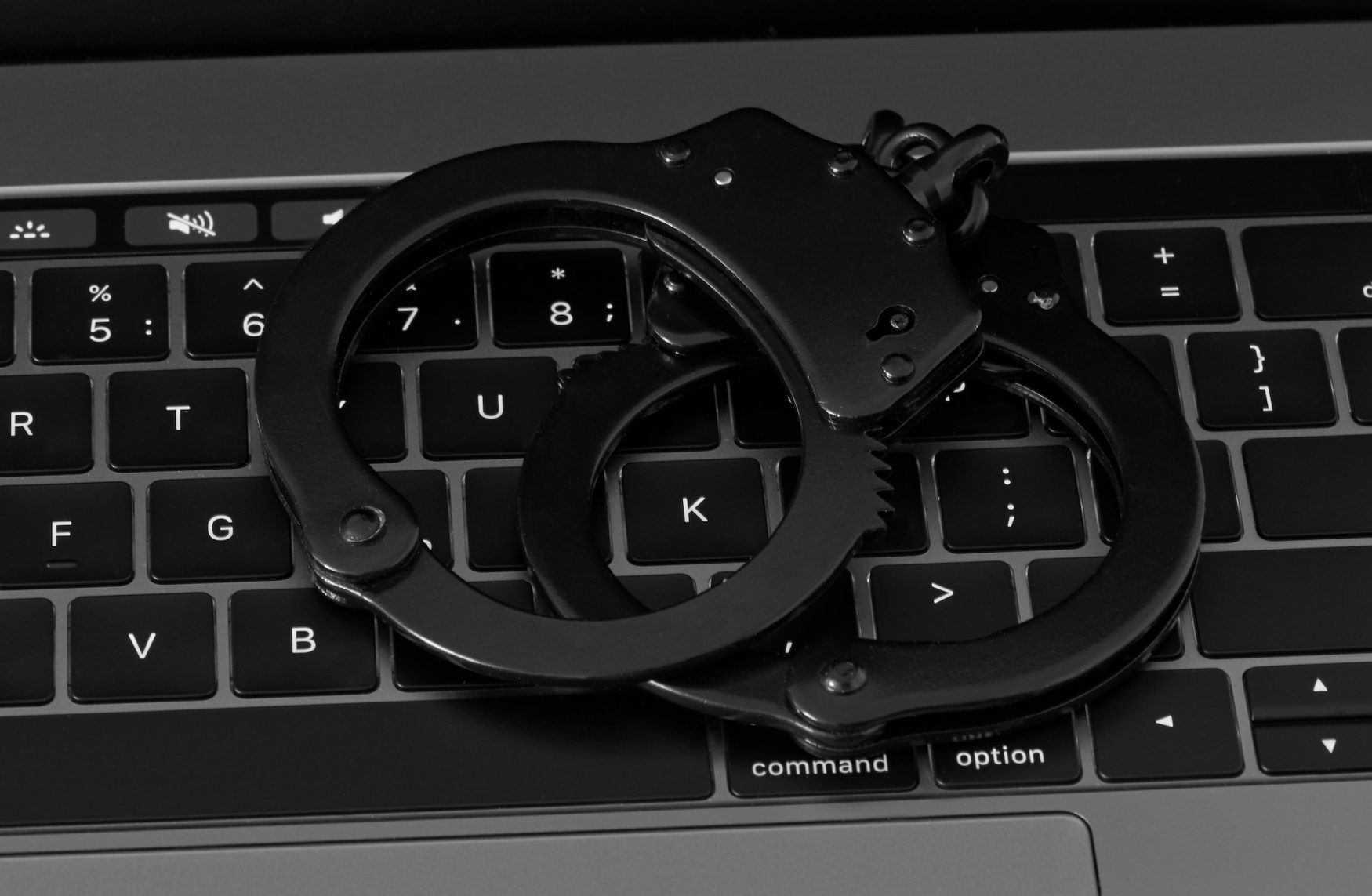
Cyberbullying Cases are Being Politicized
In Preventing Future Cyberbullying Cases a New Law is Set Up, but Not for Your Protection: How A Case of Internet Safety was Exploited for Political Gains.
A while back, a controversial act, called the Megan Meier Cyberbullying Prevention Act, was enacted to prevent future possible cyberbullying cases after a teenager had committed suicide in reacting to a former friend’s mom attack in using damaging comments via a false user account on a well-known social networking website, MySpace.com.
The initiator, Rep. Linda Sanchez, had been the one spearheading the execution of the bill in the year before and it had been subsequently sent to the House Judiciary Committee to be considered for the next stage of implementation.
However, a large number of analysts have commented that the bill had the potential to attract political dissent in many ways.
As seen from clause Sec 881(a): “Whoever transmits in interstate or foreign commerce any communication, with the intent to coerce, intimidate, harass, or cause substantial emotional distress to a person, using electronic means to support severe, repeated, and hostile behaviour, shall be fined under this title or imprisoned not more than two years, or both.”
One does not have to be a lawyer to know that the terms stated are not clear about which parties are being referred to exactly and can be abused for various kinds of purposes, both personal and political.
Take for example, if a less well known blogger posted critical, and perhaps rude, comments about Hillary Clinton and published his or her pictures one after another, that could without a doubt qualify as an example of cyberbullying cases, at least possible in theory.
In another case, the masses of critics of Meghan McCain who, when she should be minding her important roles and responsibilities focused materialistically on her looks instead, should be easily sued by her lawyers for creating “substantial emotional stress” against her.
From these two case examples, it can be seen that no Internet bloggers will be spared the possibility of getting sued under the Act.
The simple truth is that the Congress does not need to take on these cyberbullying cases at all.
The concluded case of Megan Meier is no doubt a tragically sad story, and the woman who was guilty in causing her death should indeed be given her wages in punishments.
However, Ms Meier’s case does not represent the majority, as there were other contributing factors involved, not withholding her mental condition as an emotionally fragile person.
In other words, her case was a real rare exception, and it takes common sense to know that it does not automatically qualify as a basis for a new law in the United States.
The Act Doesn’t Protect, It Only Inhibits
The Meier Act does not protect children and minorities.
It is as simple as that. If taken seriously as a law to handle cyberbullying cases, its real plan is to bulldoze the power of the First Amendment and lying to the Democrats into being the cheerleaders for tyranny.
The current government’s move to pack the FCC not unlike a can of sardines with “diverse” activists has little relevance in ensuring minorities with real power to shine in their local media which are fundamentally ruled by huge corporations with more interest for profits than spreading real diversity.
The First Amendment is Always Our First Defence
The Congress should always refer to the First Amendment when in doubt or unsure what to do next.
The vital document clearly blocks any attempt to initialize any law that blocks the citizens’ right of free speech.
Thus, the recent attempted entry into handling future cyberbullying cases cannot be included.
Additionally, the rule also says that the Constitution has to be quiet about any right to be excused from some definitions of “distress”, and it prevents the current administration from behaving as a judge on what should be defined as “hostile behaviour” and “substantial emotional stress” that doesn’t break the established laws on trespassing, assault and battery.
Understand the Real Intent of the Bill so We Can Defend Ourselves
The whole bill is centrally concerned with the “alternative” media being more fearful and under attacked of hurting the feelings of minorities who are under the care of guardians on social networking sites such as Facebook, with little or no supervision from adults.
It is really about shutting down the opposition.

 My First Amazing Ayahuasca Experience
My First Amazing Ayahuasca Experience  Pine Needle Tea
Pine Needle Tea  The REAL Controllers of Humanity: The Papal Bloodlines
The REAL Controllers of Humanity: The Papal Bloodlines  Is it Global Warming or Cooling?
Is it Global Warming or Cooling?  Gun Rights and Obama Examined
Gun Rights and Obama Examined